I have this txt file but I'm having trouble in converting it into a nested dictionary in python. The txt file only has the values of the pokemon but are missing the keys such as 'quantity' or 'fee'. Below is the content in the txt file. (I have the ability to change the txt file if needed)

charmander,3,100,fire
squirtle,2,50,water
bulbasaur,5,25,grass
gyrados,1,1000,water flying
This is my desired dictionary:
pokemon = {
'charmander':{'quantity':3,'fee':100,'powers':['fire']},
'squirtle':{'quantity':2,'fee':50,'powers':['water']},
'bulbasaur':{'quantity':5,'fee':25,'powers':['grass']},
'gyrados':{'quantity':1,'fee':1000,'powers':['water','flying']}
}